Holocaust books for kids? Absolutely. Without a doubt. There’s no room for “but we have to keep our kids innocent!” — this is important.
This week was Yom HaShoah, or Holocaust and Heroism Remembrance Day, and we were all shocked to see the results of a new survey about Holocaust awareness in the United States: The atrocities of the Holocaust are fading from the public’s memory, so much so that the majority of millennials — 66 percent — don’t know what Auschwitz is.
Experts fear that if we wait even one more generation to address this education gap, we could very well be too late.
This post has been updated in 2022
Related: Outstanding videos and resources to teach our kids about the Holocaust
This is personal to me; my own husband’s mother fled Belgium as a young girl as the Holocaust stole so many of her loved ones. It’s a topic that we talk about frankly with our kids, because their grandmother’s story is part of our family history. But there’s still so much for them to learn.
I know it can be a hard, painful thing to try to discuss and explain. Which is where books can be an incredible help.
These 7 Holocaust books for kids are excellent starting points — for them, and for everyone. In fact, maybe you can have your own family “book club” like Kristen does, and read them together. Also, please read Liz’s post on how to talk to our kids about anti-semitism and the Holocaust, because clearly it’s needed.
-Lexi, with Liz
CMP is an Amazon affiliate. Find these books there, your local library, or your local indie bookseller.
7 excellent books about the Holocaust for kids and young adults
The Holocaust is part of all of our history, and it’s up to us as parents to educate our kids, regardless of whether (or when) they’re learning about it in school. Because if we’re sure to remember the facts, the more likely we will be to stand up in the face of all genocide all around the world (some of which is ongoing), and say, never again.
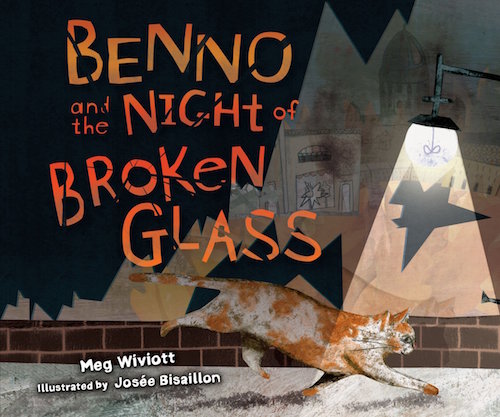 Benno and the Night of Broken Glass by Meg Wiviott
Benno and the Night of Broken Glass by Meg Wiviott
This engaging picture book for kids in about grades 2 to 5 features Benno, a cat who enjoys walking around his Berlin neighborhood, stealing scraps and ear scratches from strangers, as he observes the Christian and Jewish families around him changing during the days leading up to Kristallnacht in 1938. The cat sees books burned and windows smashed as the Nazis move in, and wonders where some of his favorite people go. It’s a poignant and gentle introduction to the holocaust for younger children, but reviews from teachers in even upper elementary grades have great things to say about the discussions this book will generate. (Recommended Ages: 7-11)
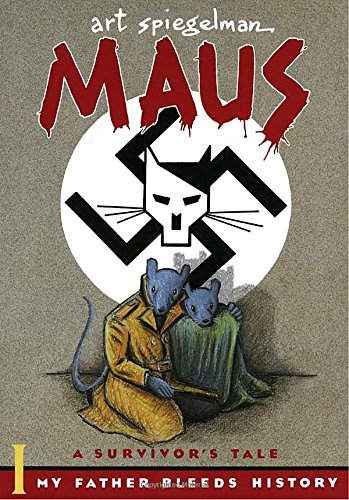 Maus: A Survivor’s Tale by Art Spiegelman
Maus: A Survivor’s Tale by Art Spiegelman
Spiegelman’s Maus was first published in 1986 and has become not only one of the most lauded Holocaust books of all time, but one of the most lauded graphic novels of all time including winning the Pulitzer Prize — which is just one of the many reasons that a 2022 banning of Maus in one Tennessee county is incredibly shocking and disturbing. It also makes it even more important that this story is in the hands of young adults.
The riveting, haunting story revolves around a young cartoonist who interviews his father in an effort to come to terms with his life as a Holocaust survivor. So Maus is essentially a story within a story — it’s the story of a Jewish man in Poland before World War II who was sent to Auschwitz, and at the same time it’s about the connection of father and son.
Notably, as you might tell from the title and the cover, all of the Jewish characters are depicted as mice, with the Nazis represented by cats.
The format will easily engage kids who may not be immediately interested in the subject of the Holocaust; and yet it’s so appealing, even to those who normally don’t like graphic novels, that there’s a reason it’s endured for now more than three decades. (Recommended Ages: 12 and Up)
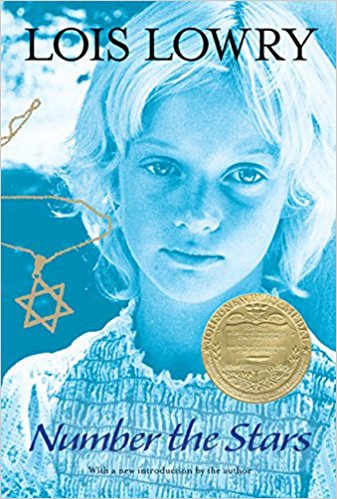 Number the Stars by Lois Lowry
Number the Stars by Lois Lowry
Number the Stars, a Holocaust novel for children published in 1989, focuses on Annemarie, a 10 year old in Denmark, whose family pretends her Jewish best friend is actually her older sister — who had earlier been killed for her work with the Danish Resistance. Author Lois Lowry is incredibly adept at handling difficult and complex subject matters with a special kind of beauty that kids just get, and this book is no exception. (Recommended Ages: 10-12)
Related: 5 important dystopian novels for tweens and teens to inspire critical thinking and positive action
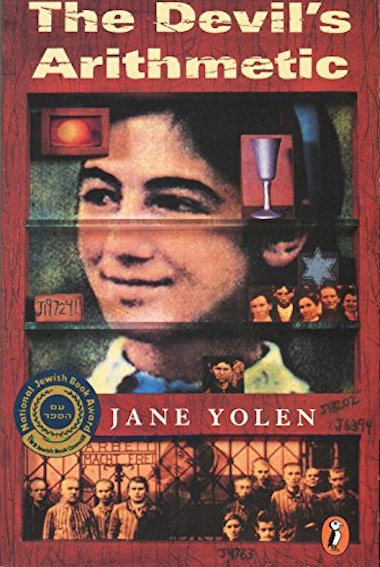 The Devil’s Arithmetic by Jane Yolen
The Devil’s Arithmetic by Jane Yolen
This highly lauded 1990 YA novel about the Holocaust tells the story of Hannah, a teenage girl in modern times who is bored with and embarrassed by her Jewish family’s constant talk about the past. One day, she’s magically transported back in time to a Polish village in 1942 — to the great surprise of everyone there. When Nazi soldiers come to take the villagers away, only Hannah knows about the atrocities that they are about to face.
While Publisher’s Weekly originally recommended the book for kids 12 and up, Liz’s fifth-grade daughter picked up this book recently, and was instantly captivated. You may also have heard of it from the 1999 Devil’s Arithmetic film adaptation starring Kirsten Dunst — but the original book is far better. Start there. (Recommended Ages: 9-14)
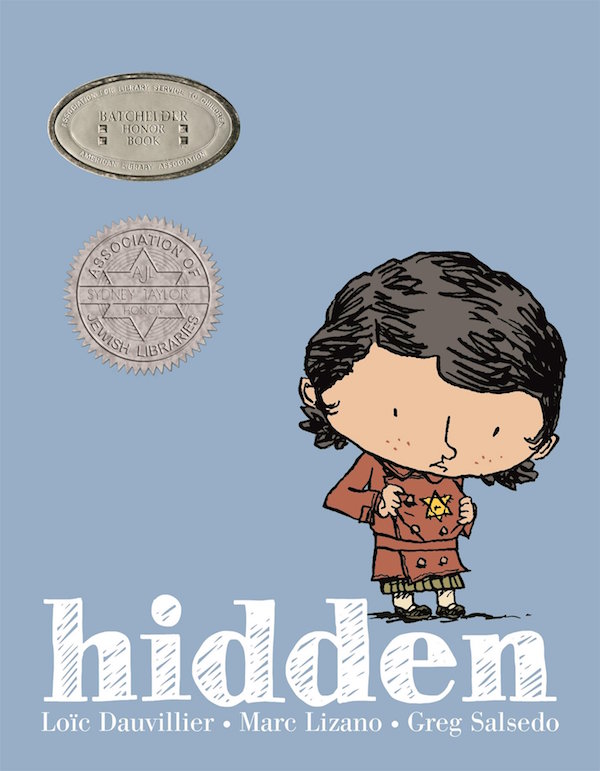 Hidden: A Child’s Story of the Holocaust by Loic Dauvillier
Hidden: A Child’s Story of the Holocaust by Loic Dauvillier
Written in graphic novel format and filled with Mare Lizano’s lovely, accessible illustrations, Dauvillier has created a perfect introductory book about the Holocaust for younger readers. In it, a grandmother describes her early life in Paris to her granddaughter, and how friends and neighbors hid her away when her parents were taken to concentration camps. Her riveting story — which she had never shared even with her own child — brings the two generations closer. (Recommended Ages: 6-10)
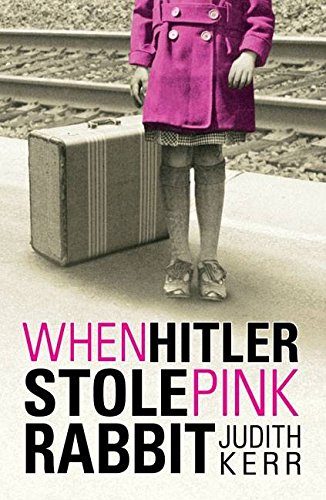 When Hitler Stole Pink Rabbit by Judith Kerr
When Hitler Stole Pink Rabbit by Judith Kerr
One of the reasons this book is so impactful is that it’s based on author Judith Kerr’s actual experience. In fact, this autobiographical novel been a must-read in the United Kingdom for more than 40 years and it’s just as relevant and readable today. In the book, a young girl struggles to understand where her father has gone, why Germany is no longer safe for her Jewish family, and why she must leave everything behind — themes that any child can relate to in any era. (Recommended Ages: 8-12)
Related: 8 must-read books for tweens and teens who want to stay woke
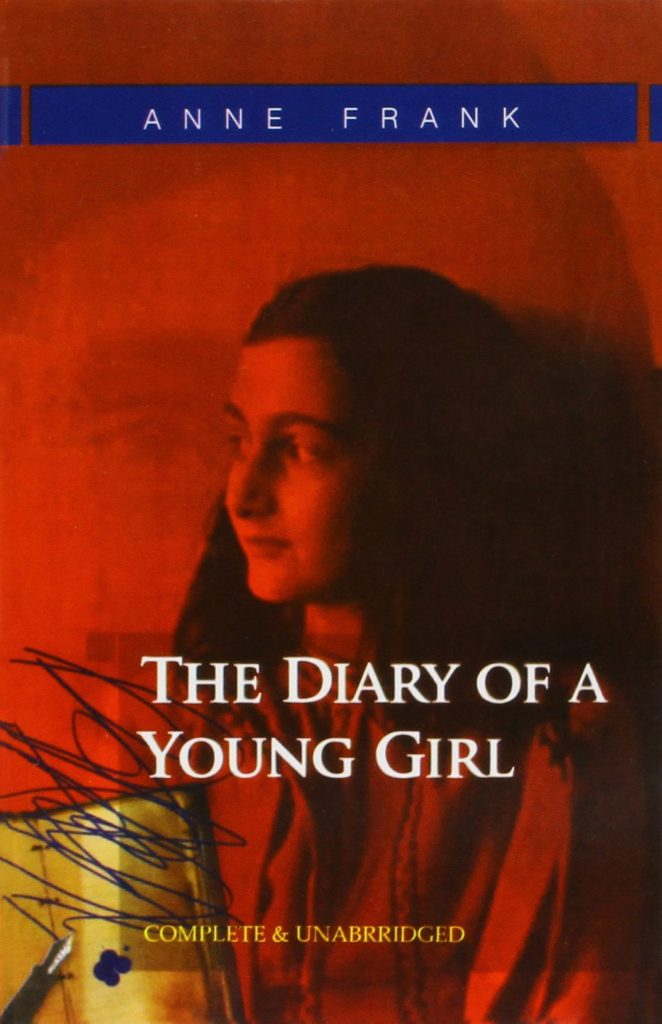 Anne Frank: The Diary of a Young Girl by Anne Frank
Anne Frank: The Diary of a Young Girl by Anne Frank
Of course we’d be remiss if we didn’t include the classic diary of Anne Frank on our list of holocaust books for kids. In fact, it’s received a lot of renewed interest by YA fans over the past few years, because of the Anne Frank House references in John Green’s amazing novel (and film), The Fault in Our Stars.
13-year-old Anne’s extraordinary, day-to-day account describes her two years in hiding with her Jewish family in a secret attic annex of an office, thanks to the protection of a group of brave Dutch resisters of the Nazi regime, ending with her family’s eventual capture and arrest.
The story remains as riveting, poignant, witty, hopeful, and horrible as ever — and this 2008 “definitive edition” includes additional pages that had originally been deleted by her father on original publication. Children as young as about fourth grade should be able to read it but it’s the kind of book everyone should read multiple times through your life. (Recommended Ages: 9 – Adult)
Top image: Riala via Pixabay.
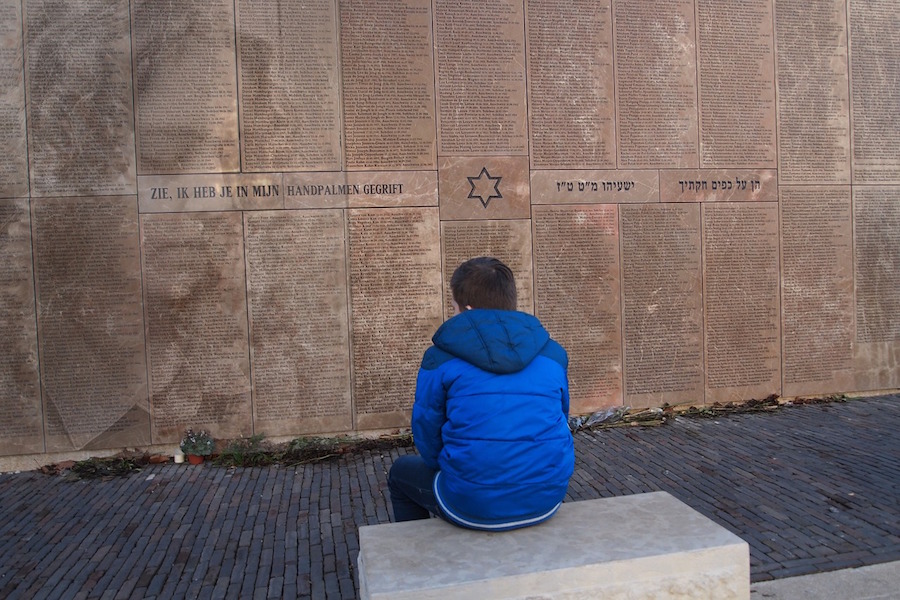

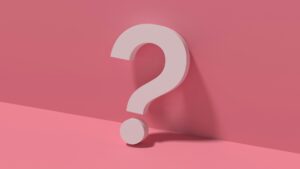
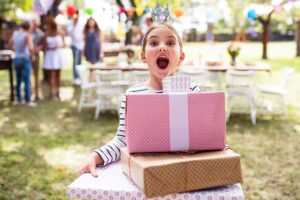
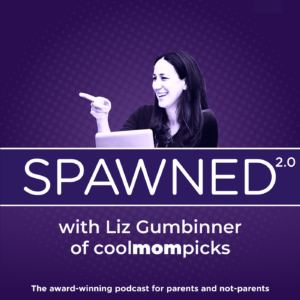

I have looked all over for a review (and age recommendation) for “What Was The Holocaust” in the “What Was” series of books? Have you come across that?
There is one, if you look on the website I saw it once.